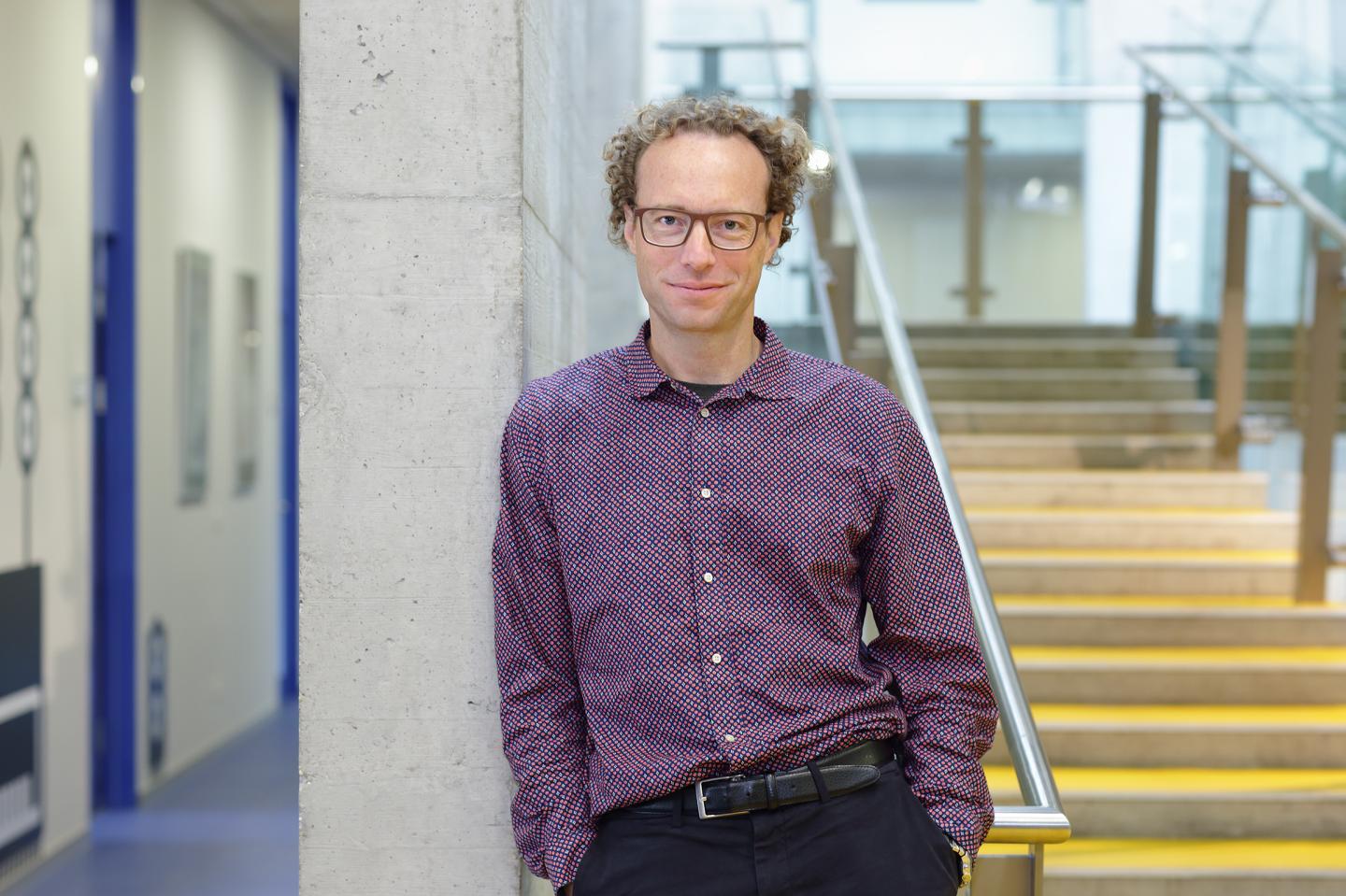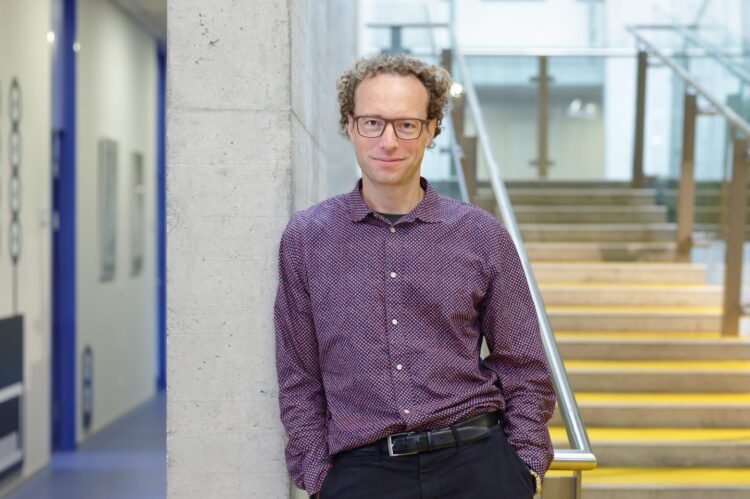
Credit: ©IMBA/Sazel
The ERC-funded project builds on a new technology developed by the Gerlich lab, which enables detection of topological interactions within and in between replicated DNA molecules of human chromosomes. Topological interactions in replicated chromosomes are essential for proper function of the genome, as they contribute to DNA repair and packaging of the genome into bodies that can be mechanically transported across cell generations when cells divide. In the frame of the ERC Advanced Grant project, Daniel Gerlich seeks to develop next-generation technologies to analyze the organization of replicated chromosomes with much higher resolution, using complementary DNA-sequencing and super-resolution microscopy approaches. These methods will be applied to study the function of protein complexes that extrude DNA loops or link distant DNA segments. The complex data sets will be analyzed by machine learning approaches with the goal of understanding the molecular mechanisms governing the organization of replicated human genomes. “Together, these developments will allow us to make key advances in understanding a fundamental yet largely neglected aspect of chromosome biology–how replicated sister chromatids topologically interact to support maintenance, expression, and segregation of eukaryotic genomes,” concludes Daniel Gerlich.
ERC Advanced Grants are meant to support the most successful and promising European scientists and to encourage them to tackle ambitious, interdisciplinary projects. The grants are paid out over a period of five years.
###
Media Contact
Caterina Purini
[email protected]





